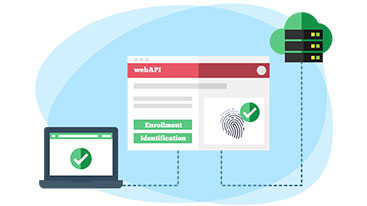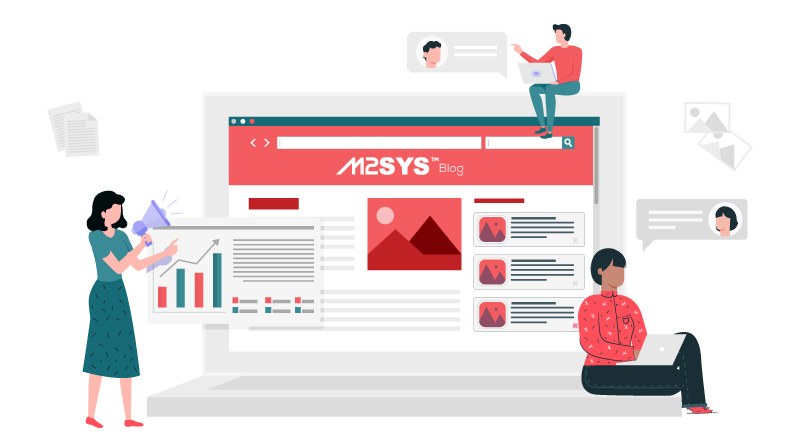University of Maine Deploys @M2SYS Palm Vein Scanners for Student Check-In at Dining Halls
Today we announced that the University of Maine has deployed the M2SYS palm vein scanner with our Hybrid Bio Snap-On™ Platform and Hybrid Bio-Hyperpliance Multi-Biometric Identification Matching Server software for student check-in at their on-campus dining halls. The goal for the deployment is to use the palm vein scanner to more effectively track dining hall traffic and eliminate shared cards where students share their meal plans at a price of $4,100 per academic year.
University of Maine officials chose the comprehensive M2SYS Hybrid Bio-SnapOn™ solution because of the fact that it instantly interfaced with their dining hall lunch line point-of-service (POS) software without any code level development on their part. In addition, due to the large size of their student enrollment database and their decision to deploy the palm vein scanner as their biometric hardware of choice, the University also chose to deploy Bio-Hyperpliance™ which is a scalable, hyper-threaded multi-biometric matching server designed to increase matching speeds and boost convenience for large scale deployments.
We are starting to see more and more Universities using the M2SYS palm vein scanner and other biometric identification (finger vein, fingerprint) on their campuses to help increase efficiency, reduce expenses and establish more accountability in areas like employee workforce management and student dining hall lunch line POS. As more Universities across the country catch on to the benefits of using biometrics for identification, we expect this growth to continue.
For a copy of the news release please click here.











